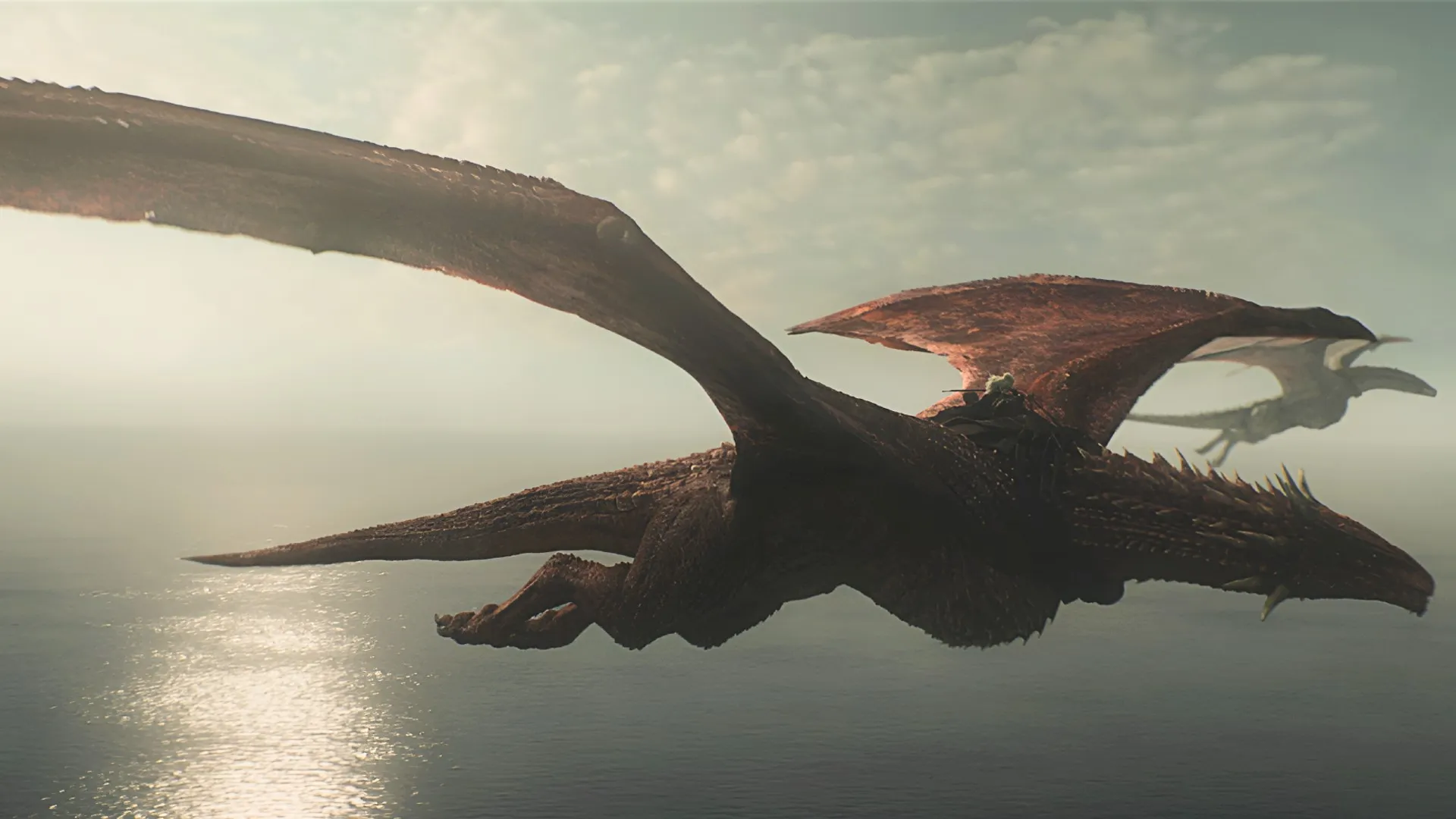
The Significance of Deliberation in “House of the Dragon”The Significance of Deliberation in “House of the Dragon” In the tapestry of “House of the Dragon,” moments of intense action and spectacle hold a captivating allure. However, it is the quieter, more contemplative scenes that reveal the show’s true depth and significance. Through conversations and strategy sessions, the characters narrate the political complexities and power struggles that shape the realm of Westeros. These scenes, while seemingly unassuming, provide a foundation for the overarching narrative and character development. King Aegon’s disastrous actions at the Battle of Rook’s Rest serve as a poignant reminder of the consequences of rash decisions. Within the show and beyond, it highlights the importance of careful planning and consideration. The conversations between Daemon and the Brackens, Rhaenyra and her advisors, and Jacaerys and the Freys demonstrate the intricacies of diplomacy and negotiation. They reveal how alliances are forged, conflicts are resolved, and strategies are devised. Moreover, these dialogue-driven scenes explore the characters’ motivations, fears, and vulnerabilities. As they debate and strategize, their inner struggles are brought to light, adding depth and nuance to the narrative. By embracing political detail, “House of the Dragon” echoes the legacy of “Game of Thrones.” It reminds us that even in a world of dragons and battles, the human element remains paramount. Through thoughtful conversations and strategic maneuvering, the fate of kingdoms and the lives of countless individuals are shaped. These quieter moments may not possess the adrenaline rush of a dragon attack, but they serve an equally important function. They ground the show in reality, provide insight into the characters’ minds, and set the stage for the events that will inevitably unfold.
Perhaps King Aegon’s (Tom Glynn-Carney) laughable actions at the Battle of Rook’s Rest taught us all an important lesson, both within the world of the show and more importantly, in our own. While leaping onto the back of a dragon and charging into battle with blazing weapons (or whatever the fire-breathing equivalent is) will inevitably get you all the attention and glory, it also comes at a price. For Aegon, we saw that price up close and personal in that horrifying scene early in the episode — you know, the one that makes it painfully clear what happens when Valyrian steel armor meets Vhagar’s fiery temper. For our purposes here, the divisive final season of Game of Thrones proved that even reciting the most awe-inspiring set pieces ever caught on camera can quickly become tiresome if they have nothing else to offer.
As dull as they may seem in comparison, that’s precisely why these scenes are so important, with kings and queens and their most trusted advisors just… sitting around, talking and arguing about and strategizing about their next moves. In this episode alone, this manifests itself in virtually every storyline spanning Westeros: Daemon’s (Matt Smith) attempts to corral the headstrong Brackens, Rhaenyra’s (Emma D’Arcy) and Alicent’s (Olivia Cooke) respective struggles to wage war and still earn the respect of their male-dominated councils, and even the young Jacaerys’ (Harry Collett) impromptu mission to negotiate with the Freys and secure passage for the Northmen army that Cregan Stark (Tom Taylor) promised him in the premiere.
In any case, “House of the Dragon” continues to embrace the attention to political detail that “Game of Thrones” first introduced and that creator/showrunner Ryan Condal has emphasized repeatedly throughout the series.